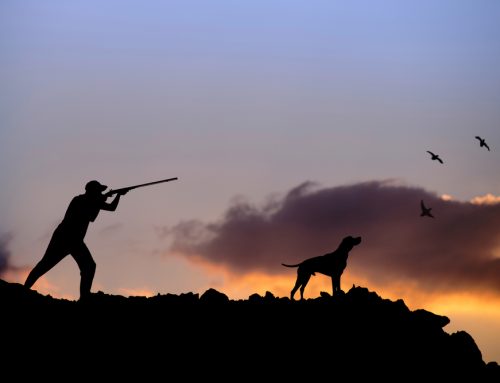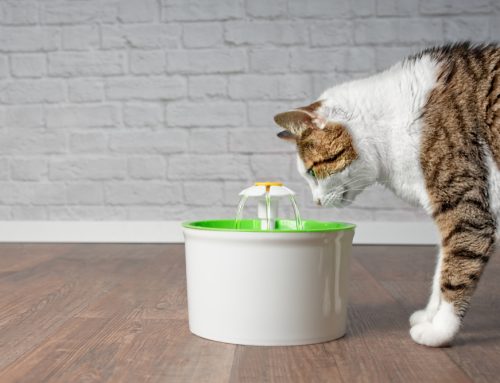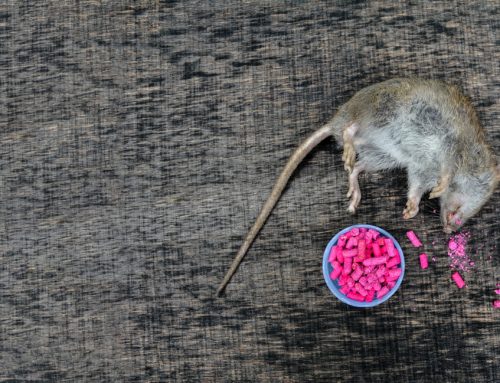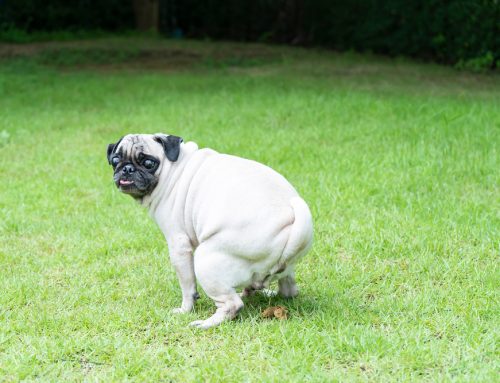Pets love food, and Thanksgiving is a great opportunity for them to use their well-honed thievery skills. Unfortunately, many Thanksgiving foods are toxic to pets, and can cause them significant stomach problems. The complete list of holiday dangers includes not only food, but guests and travel, too—and any one could land your pet in the emergency hospital. Avoid a Thanksgiving disaster and ensure a happy, successful holiday by following these tips from Madison Street Animal Hospital.
#1: Use vehicle restraints and obtain a health certificate for pet travel
Pets traveling loose in a vehicle can distract you while driving, or could be thrown, injured, or trapped should you hit the brakes suddenly or are involved in an accident. Like children, pets are safest when appropriately restrained in the back seat, away from the vehicle’s airbags. Pet retailers carry a variety of pet restraint devices—from car seats, to seat belts, to luxury travel crates—so you can easily find the right device for your pet’s size and temperament.
If you’re traveling with your pet across state lines, you must carry a health certificate, which your veterinarian can provide. Your veterinarian will need to examine your pet within 10 days of travel to prove they are up to date on their rabies vaccination and free of communicable diseases. You may also wish to carry copies of vaccination or other relevant medical records, in case your pet needs emergency care while you’re away from home.
#2: Keep pets away from the Thanksgiving feast
Common holiday foods, including chocolate, raisins, macadamia nuts, garlic, onions, and raw bread dough, are toxic to pets and can put them in serious immediate danger. Xylitol, a common artificial sweetener used in candy and baking, can also be life-threatening. Plus, many non-toxic foods can be dangerous, because excessive fat can overwhelm your pet’s digestive system, causing painful pancreatic inflammation, and landing your pet in the hospital for supportive care. Supervise food at all times, preferably keeping dishes out of pet’s reach, to limit your pet’s exposure. If you can’t trust your pet not to be tempted around food, don’t allow them in the kitchen or dining areas until the meal and clean-up are complete.
#3: Take the trash out promptly
In your pet’s eyes, trash contains the best leftovers and treats, but these items are especially dangerous. Meat trimmings and scraps can cause pancreatitis, poultry bones can splinter and perforate the digestive system, and corn cobs or other large, inedible items can cause intestinal obstruction. “Garbage gut” can make your pet miserable with vomiting and diarrhea, and an obstruction or perforation may require emergency surgery to prevent life-threatening complications or remove the obstruction. Prevent these issues by putting the securely bagged trash in an inaccessible, well-secured outdoor area.
#4: Provide shy pets a place to retreat
Guests and noise can make pets anxious, especially pets on the less social end of the spectrum. Extreme or prolonged stress in pets is linked to physical and emotional health problems, including bladder inflammation, behavior disorders, and viral infections. Provide anxious pets with a quiet, safe retreat with comfortable bedding, and familiar toys and smells. Ask your veterinarian if calming supplements or anti-anxiety medications could help your pet cope with the holiday hubbub.
#5: Watch your pets around the exits

Lost pet notifications skyrocket on holidays, including Thanksgiving. With guests constantly coming and going, an open door can be an invitation for anxious or excited pets to run free. Keep pets away from the exits with baby gates or by keeping strategic doors closed. If your pet is a serial offender whom you know is a flight risk, set them up in a safe area for the night.
Ensure your pet has up-to-date ID tags on their collar in case they do escape, or better yet, have them microchipped by your veterinarian. Microchipping provides permanent identification that can’t fall off your pet like a collar, and the chip links to your contact information if your lost pet is turned into animal control, a shelter, or a veterinary hospital.
Holidays can be crazy, and accidents are likely to happen despite your best efforts. If your pet steals the turkey, gets into the chocolate desserts, or rips into a bag of trash, call your local veterinary emergency hospital, the ASPCA Animal Poison Control Center, or the Pet Poison Helpline for advice. If your pet needs a microchip, health certificate, or anti-anxiety medication in preparation for Thanksgiving, schedule a visit with your Madison Street Animal Hospital team.
























Leave A Comment